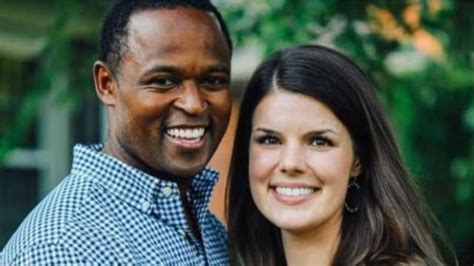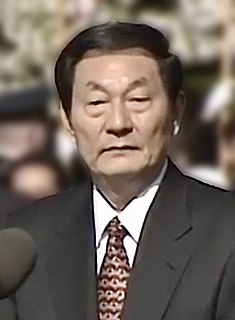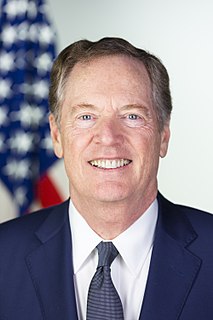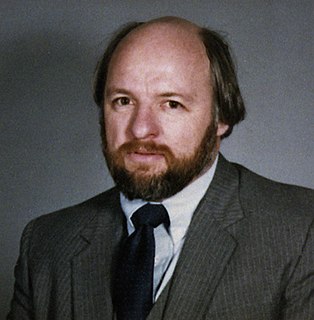A Quote by Donna Brazile
Yes, President Abraham Lincoln was a Republican, but a hundred years later, the Republican Party wasn't Lincoln's. Richard Nixon became president by courting Americans upset by integration, intentionally fueling the racial divide.
Related Quotes
Her nomination for vice president in 2008 represents the most desperate inclinations of the Republican Party. In two hundred years, I suspect historians will use Palin as an example of how insane America became in the decade following the destruction of the World Trade Center, and her origin story will seem as extraterrestrial and eccentric as Abe Lincoln jumping out of a window to undermine a voting quorum in 1840.
Until the early 90s, when I was working on a project about the idea of free will in American philosophy. I knew that Lincoln had had something to say about "necessity" and "fatalism," and so I began writing him into the book. In fact, Lincoln took over. I wrote instead 'Abraham Lincoln: Redeemer President,' in 1999, and I've splitting rails with Mr. Lincoln ever since. If there's a twelve-step process for this somewhere, I haven't found it yet.
Abraham Lincoln did not contend that his actions were immune from Congressional correction; on the contrary, he specifically said he was acting beyond the present provisions in the expectation that congress would retroactively approve, which they did. He did not say anything like Richard Nixon: if the president does it is legal.
It is very hard to answer the oft-posed questions about how Abraham Lincoln would respond to some current condition. My favorite story on that count is that the late great Lincoln scholar Don Fehrebacher was asked, during the struggles over bussing for racial balance a few years ago, what Lincoln would say about "bussing" and he thought awhile and then answered : "what Lincoln would say would be: "What's a bus?"
Remember that Abraham Lincoln was a Whig far longer than he was a Republican. As a whole, the Whigs looked upon banks and corporations as a more efficient means of development; the Jacksonian Democrats thought they were the tools of the devil, but Whigs like Lincoln disagreed. During his presidency, Lincoln favored the re-construction of a national financial system, and his most important 'internal improvement' project was the Pacific railroad.






























